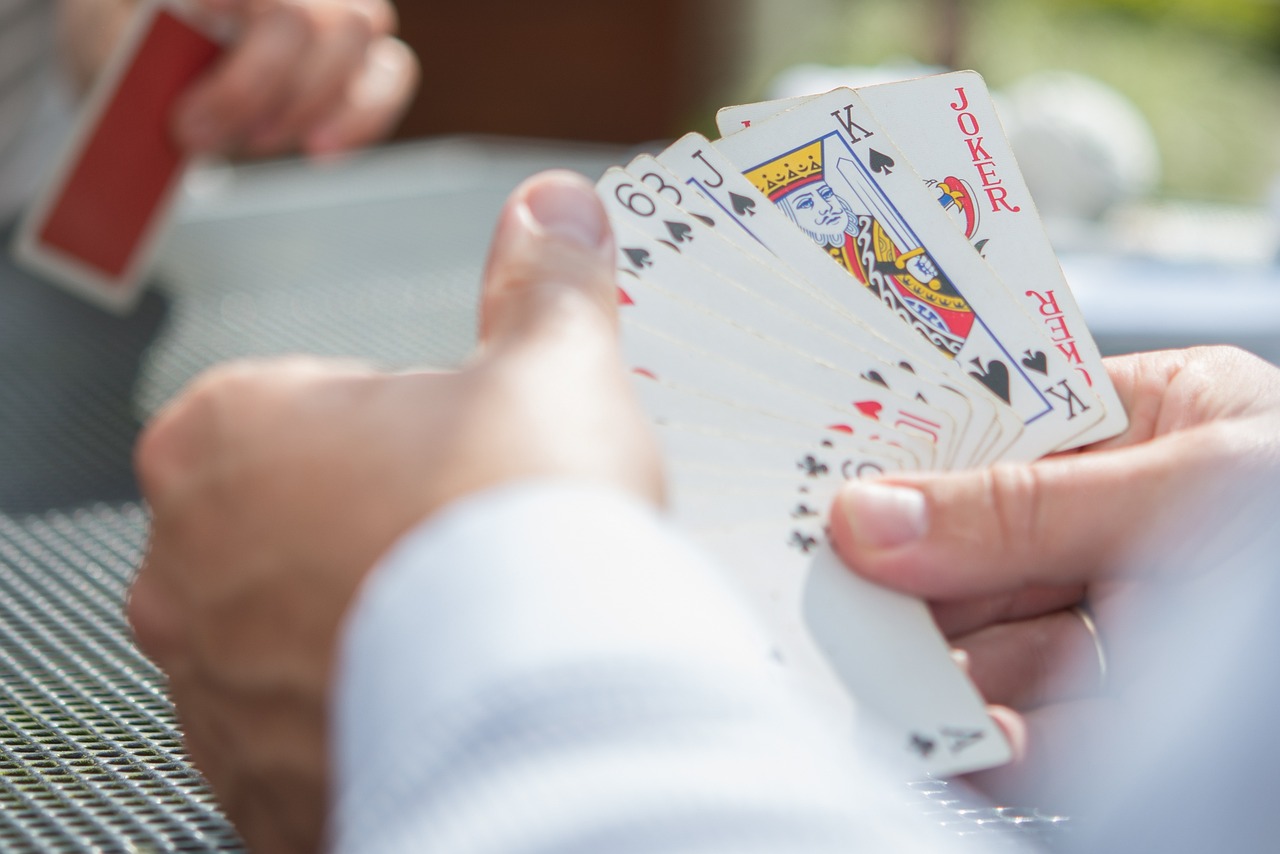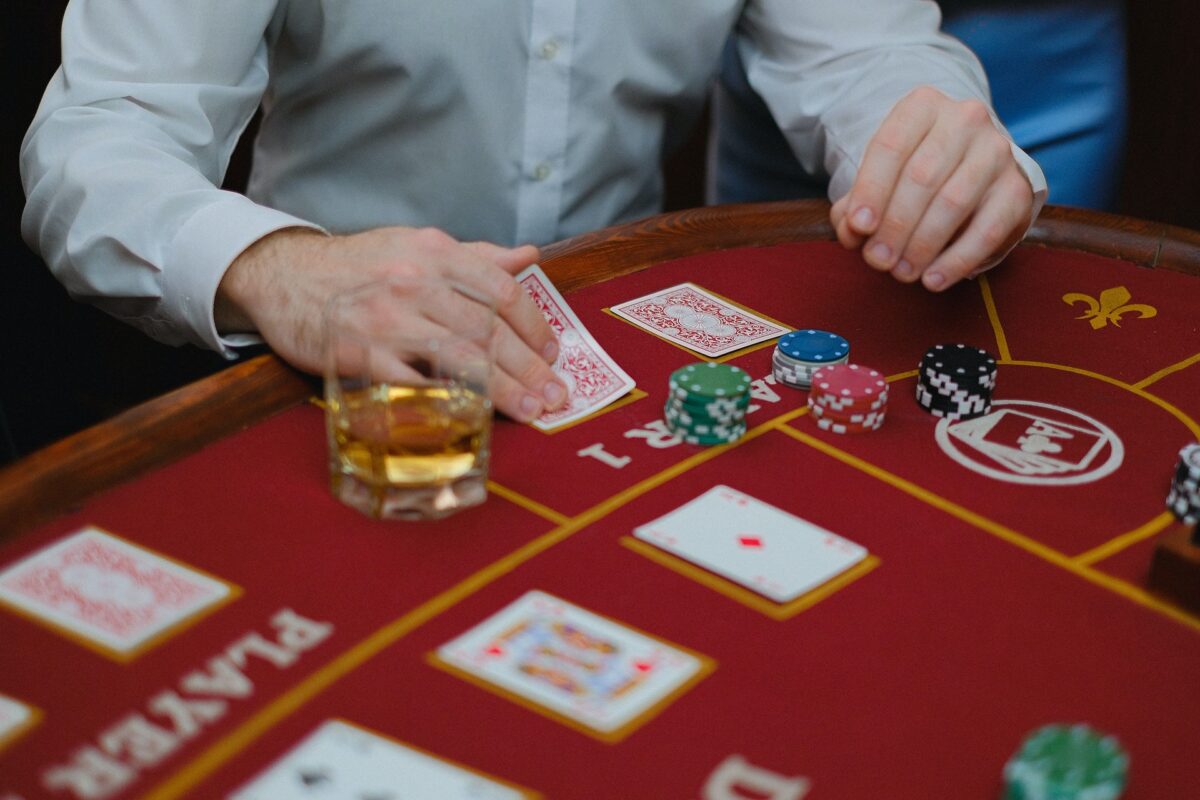While many focus solely on their card skills, seasoned players know that understanding and manipulating human psychology can be just as valuable at the table. Sure, you can find the easy way to play cards, but when it comes to winning the mind war, not many people would reveal their secrets. So take your time to read this post as we’ll be walking you through insiders’ psychological poker tactics that will take your game to new heights. From emotional regulation to pattern recognition and exploitation, self-awareness to mental endurance and focus, prepare yourself for a mind-bending journey into the depths of strategic play.
Emotional Regulation: Tilt Control
Picture this: you’re dealt a bad hand, your heart starts racing, and frustration begins to bubble up inside you. It’s in these moments that emotional regulation becomes paramount. Tilt control, as it’s commonly known in the poker world, is the art of maintaining composure and making rational decisions even when emotions run high. You can achieve tilt control through mindfulness techniques. By focusing on your breath or repeating a calming mantra silently in your mind, you can anchor yourself in the present moment and prevent negative emotions from taking over. Furthermore, developing resilience against bad beats is crucial for maintaining emotional balance.
Pattern Recognition and Exploitation
It’s all about observing your opponents’ behaviors, identifying patterns, and using them to your advantage. By recognizing these patterns, you can gain valuable insights into their playing style, tendencies, and even their emotional state. When it comes to pattern recognition, focus on both verbal and non-verbal cues. Pay attention to how players bet in different situations or how they react when they have a strong hand versus a weak one.
Are they consistent with their actions? Do they tend to bluff more often when they are under pressure? Once you’ve identified these patterns, it’s time to exploit them. This means adjusting your own strategy accordingly. For example, if you notice that a particular player always bets aggressively after the flop but tends to fold quickly on the turn if faced with resistance, use this information strategically.

Self-Awareness and Objective Analysis
Being in tune with your own emotions, thoughts, and reactions can greatly impact your decision-making at the poker table. By understanding your own biases, fears, and tendencies, you can make more objective and rational choices. To develop self-awareness, be sure to reflect on your past plays and analyze the reasons behind them. Next up, objective analysis goes hand in hand with self-awareness. It involves examining each situation without personal bias or attachment to outcomes.
Mental Endurance and Focus
Without a doubt, when you’re sitting at the table for hours on end, it can be mentally draining. However, the ability to maintain your concentration and make clear-headed decisions is what sets apart the great players from the average ones. To improve your mental endurance, note that there is nothing wrong with taking breaks when needed. Stepping away from the table for a few minutes can help reset your mind and prevent burnout. In fact, engaging in activities such as meditation or deep breathing exercises can hugely help calm your thoughts and increase mental clarity.
Mastering advanced psychological tactics in poker is essential for becoming a successful player. So, gain a huge lead over your opponents and increase your chances of success at the table with these tactics here. Keep practicing and honing these skills, and you’ll be well on your way to becoming a master of the psychological battlefield in poker.
